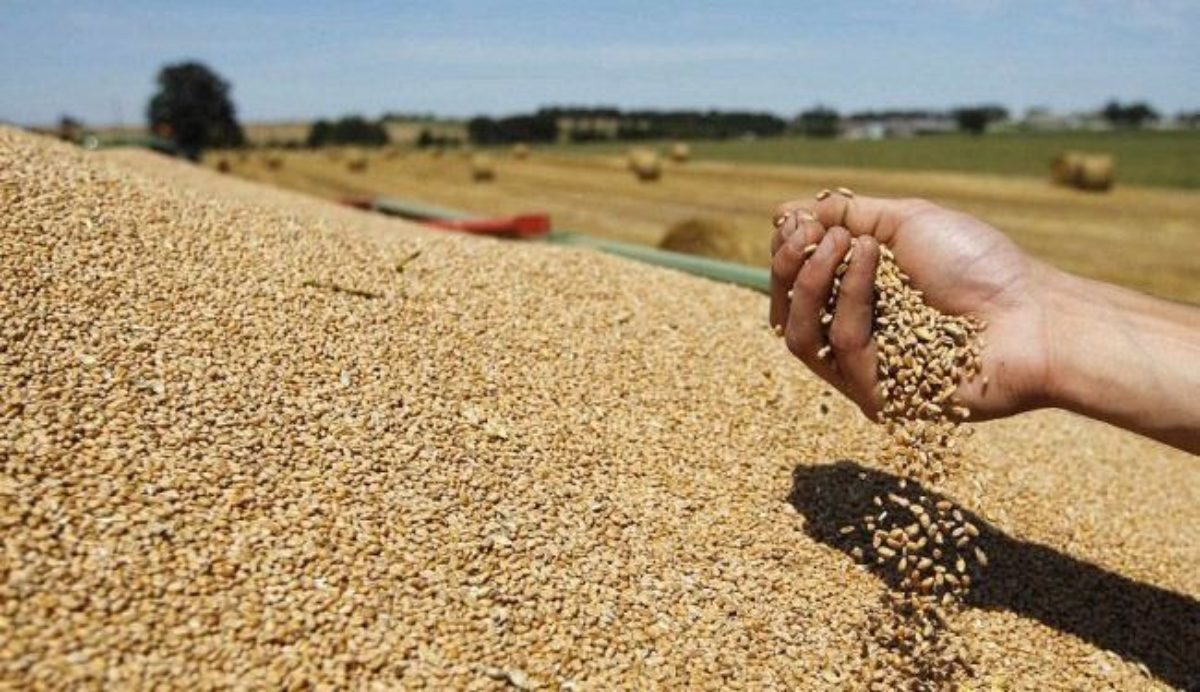London, (Business News Report)|| Ukraine has warned of the continuation of the war, which means that grain prices will continue to rise globally, at a time when Russia and Ukraine consider an important strategic environment for exports of grain, vegetable oil and oil.
Ukrainian Minister of Agriculture, Mykola Solsky, expected that Ukraine will present a large crop this year, “however, the continuation of the war may prevent exports and threaten the success of the coming seasons, which raises grain prices.”
Solsky said the situation was “difficult” with the fuel needed for the spring fields.
He stressed that world grain and food prices will continue to rise if the crisis in Ukraine is not resolved.
The United Nations International Fund for Agricultural Development (IFAD) revealed last March that the war in Ukraine had already caused food prices to rise and shortages of staple crops in parts of Central Asia, the Middle East and North Africa.
It is noteworthy that Russia and Ukraine together provide nearly a third of the world’s exports of wheat and barley, whose prices have risen since the war.
Ukraine’s economy ministry said Ukraine’s grain exports in March were four times lower than February’s levels, due to the Russian invasion.
The ministry added that grain shipments abroad in March included 1.1 million tons of corn, 309 thousand tons of wheat and 118,000 tons of sunflower oil.
Ukraine was the world’s fourth largest exporter of grain in the 2020-2021 season, according to data from the International Grains Council, and most of its goods were shipped through the Black Sea.
But as war rages on most of the coast, merchants are forced to transport more grain by rail.
In a related context, grain shipments are piled up on the Ukrainian borders, without shipping companies being able to transport them, in light of the great difficulties they face due to the Russian-Ukrainian war.
The agricultural consultancy firm APK-Inform said Ukraine’s railways are facing great difficulties with grain shipments piled up on the country’s western borders.
The company explained that traders are looking for alternative export routes after the Russian military intervention, which closed the main ports on the Black Sea.























































